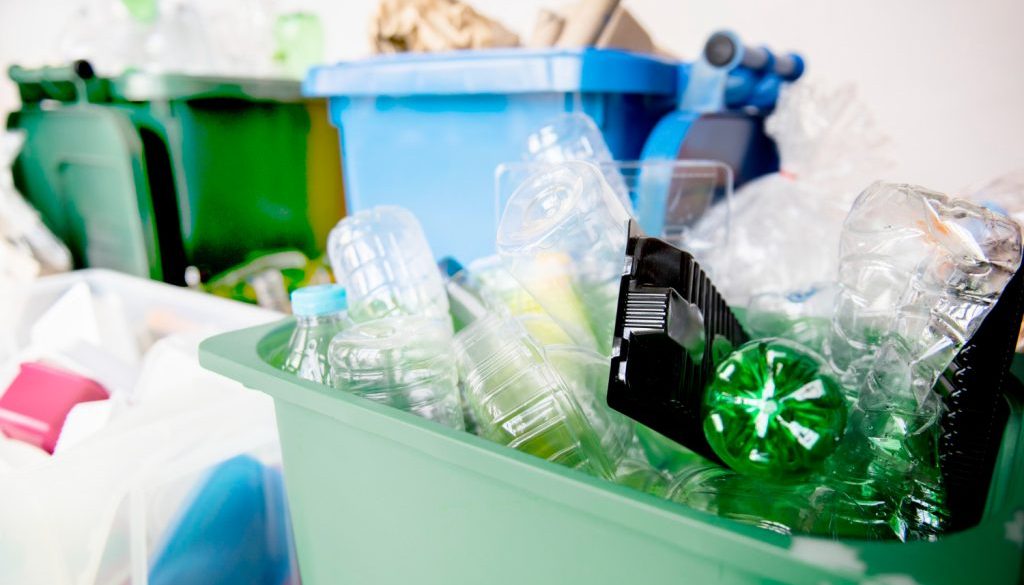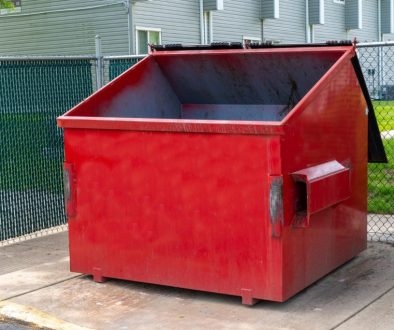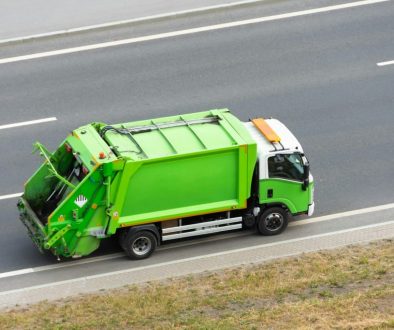Sorting rubbish for recycling is an essential habit that benefits both the environment and your household. By taking a little extra time to separate recyclables from general waste, you contribute to reducing landfill waste and conserving resources. The process is straightforward and can be easily incorporated into your daily routine.
Understanding which materials can be recycled is the first step. Different types of waste, such as paper, glass, metal, and certain plastics, can be processed into new products. Knowing the specifics of each category helps ensure that recyclable items are correctly sorted and not contaminated with non-recyclable waste.
Setting up a recycling station at home simplifies the sorting process. By keeping separate bins for different types of recyclables, you and your family can easily dispose of waste in an organised manner. Clear labelling and convenient placement of these bins make it more likely for everyone to participate.
Proper sorting practices are crucial for efficient recycling. Simple tips, like rinsing containers and avoiding plastic bags in the recycling bin, can make a big difference. Additionally, special attention needs to be given to hazardous waste and special items, which require different handling to ensure safety and compliance with disposal regulations.
This guide will help you understand the various types of recyclable materials, how to set up an effective recycling station at home, practical tips for sorting waste, and how to deal with hazardous items responsibly. Taking these steps will make recycling a seamless part of your daily life and contribute positively to the environment.
Understanding Different Types of Recyclable Materials
Knowing what can be recycled is crucial for effective rubbish sorting. Here are the main types of recyclable materials:
1. Paper and Cardboard: Newspapers, magazines, office paper, and cardboard boxes can all be recycled. Ensure they are clean and dry before placing them in the recycling bin.
2. Glass: Bottles and jars made from clear, green, or brown glass are recyclable. Remove lids and rinse them to avoid contamination.
3. Metal: Aluminium cans, tin cans, and metal lids are recyclable. Rinse them out and, if possible, crush them to save space in your recycling bin.
4. Plastics: Not all plastics can be recycled, but many household plastics like bottles and containers with recycling symbols can. Rinse them thoroughly and flatten them if possible.
5. Cartons: Items like milk and juice cartons are recyclable. Make sure they are empty and rinsed before recycling.
By understanding the types of materials that can be recycled and ensuring they are clean and sorted correctly, you help reduce waste and make the recycling process more efficient.
Setting Up a Recycling Station at Home
Creating a well-organised recycling station at home makes sorting rubbish much easier. Follow these steps to set up your station:
1. Choose a Location: Find a convenient spot in your home, such as the kitchen or garage, where bins are easily accessible to everyone.
2. Select Bins: Choose separate bins for different types of recyclables like paper, glass, metal, plastics, and cartons. Use durable and easy-to-clean bins.
3. Label Bins Clearly: Clearly label each bin with the type of recyclable material it’s for. Colour-coded labels or pictures can make it easier for children to follow the system.
4. Educate Your Household: Make sure everyone in your home knows what can be recycled and how to sort rubbish correctly. Provide a visible list of recyclable and non-recyclable items near the bins.
Additionally, including a small compost bin in your station for organic waste like fruit peels and coffee grounds can further reduce the amount of waste going to landfill. Setting up a recycling station doesn’t take much time but makes a big difference in how efficiently your household recycles.
Tips for Properly Sorting Waste for Recycling
Proper sorting ensures recyclables are processed efficiently and not contaminated. Here are some practical tips:
1. Rinse Before Recycling: Always rinse out containers like bottles, cans, and jars before placing them in the recycling bin. Food residue can contaminate whole batches of recyclables.
2. Remove Lids and Caps: Most recycling centres require lids and caps to be removed from bottles and jars. Check with your local council for specific guidelines.
3. Do Not Bag Recyclables: Place recyclables loose in the bin. Plastic bags can jam sorting machines and are not recyclable through kerbside schemes.
4. Flatten Cardboard Boxes: Flattening cardboard boxes saves space in the bin and makes transportation easier.
5. Check Recycling Symbols: Look for recycling symbols on plastic items. Numbers 1, 2, 4, and 5 are usually recyclable.
6. Avoid Mixing Materials: Items made from mixed materials, like some food cartons with plastic linings, are often non-recyclable. Separate components if possible.
Following these tips makes the recycling process smoother and ensures your efforts contribute effectively to waste reduction.
Dealing with Hazardous Waste and Special Items
Some items require special handling due to their hazardous nature. Proper disposal is vital for safety and environmental protection.
Hazardous Waste Examples:
– Batteries: Contain heavy metals and should not be thrown in regular bins. Use designated battery recycling points.
– Paint and Chemicals: Leftover paint, pesticides, and cleaning chemicals require special disposal. Contact your local recycling centre for guidance.
– Electronic Waste: Items like computers, phones, and TVs contain harmful substances and should be taken to electronic recycling points.
Special Items:
– Light Bulbs: Energy-saving and fluorescent bulbs contain small amounts of mercury and need to be recycled at specific points.
– Aerosols: Empty aerosol cans can be recycled, but full or partially full ones need special handling due to pressurisation.
– Medicines: Return unused or expired medicines to pharmacies for safe disposal.
Handling hazardous waste and special items correctly ensures they do not harm the environment or human health.
Conclusion
Recycling correctly is an impactful way to reduce household waste and protect the environment. By understanding the types of recyclable materials, setting up an efficient recycling station, following sorting tips, and properly disposing of hazardous items, you can make a significant difference.
Managing waste responsibly also creates a cleaner and safer living space. With these practical steps, recycling becomes a seamless part of your daily routine.
For further assistance in managing your waste efficiently and responsibly, contact Enviro Skip Hire. Our team is here to support you with reliable skip hire in Stafford and advice on proper waste disposal. Make the smart choice today with Enviro Skip Hire.




